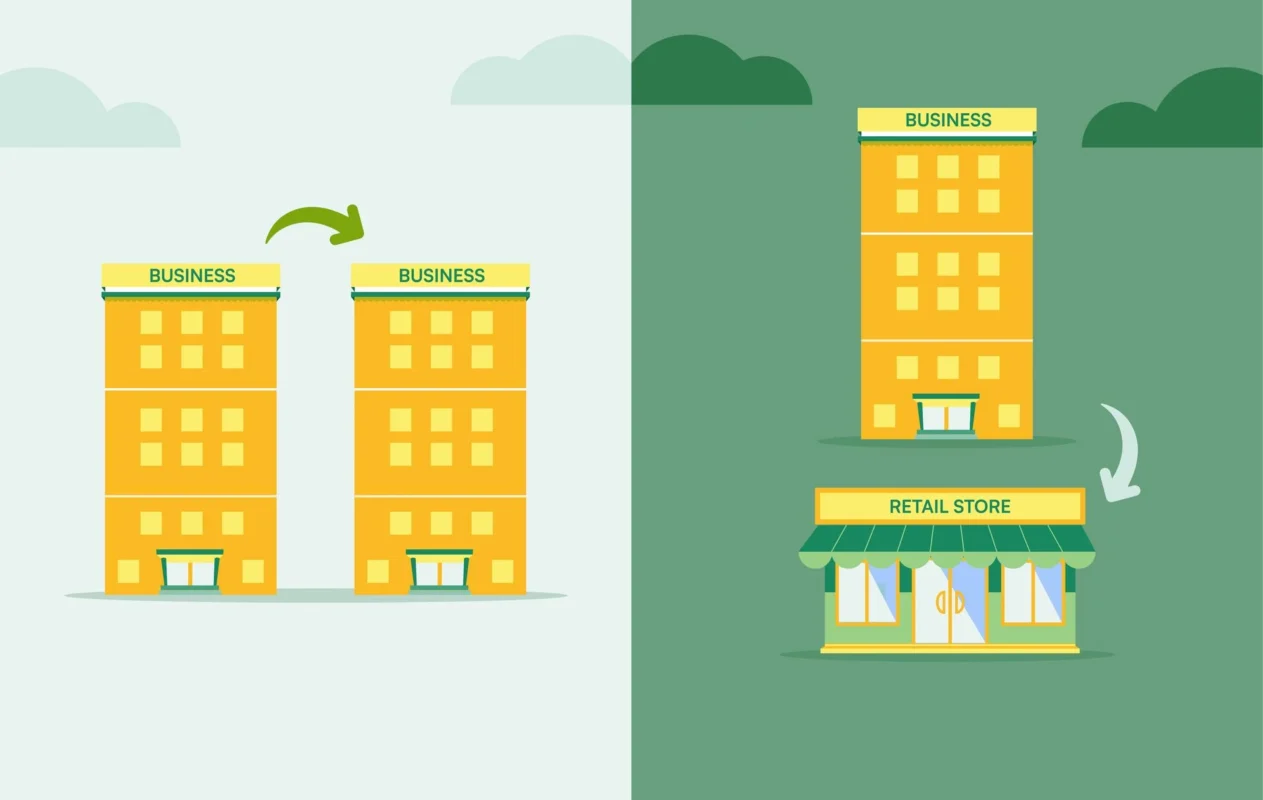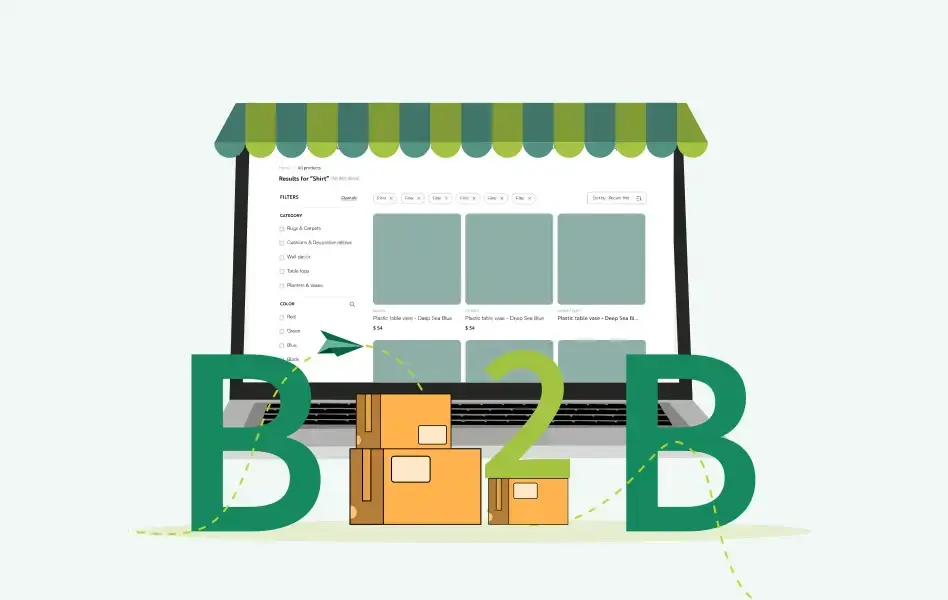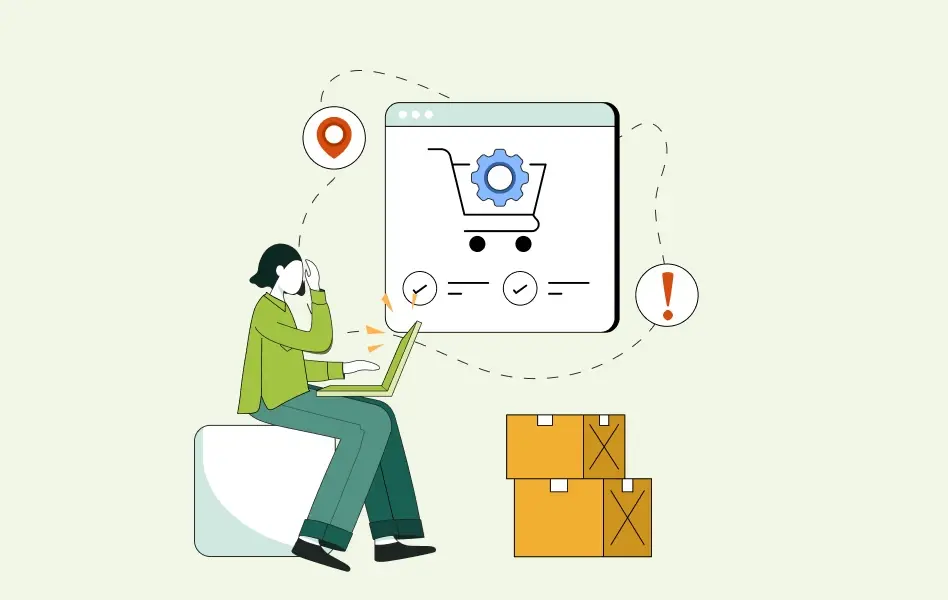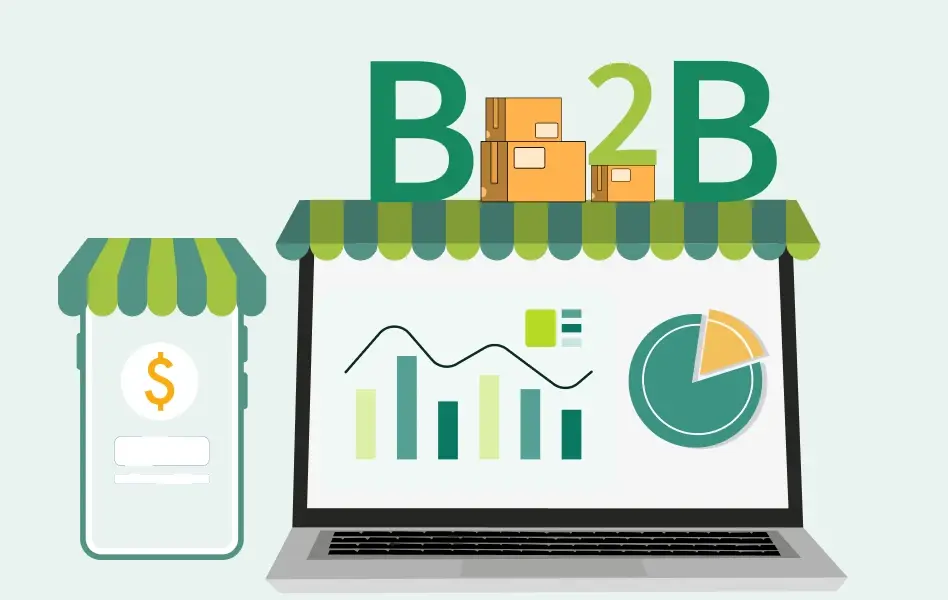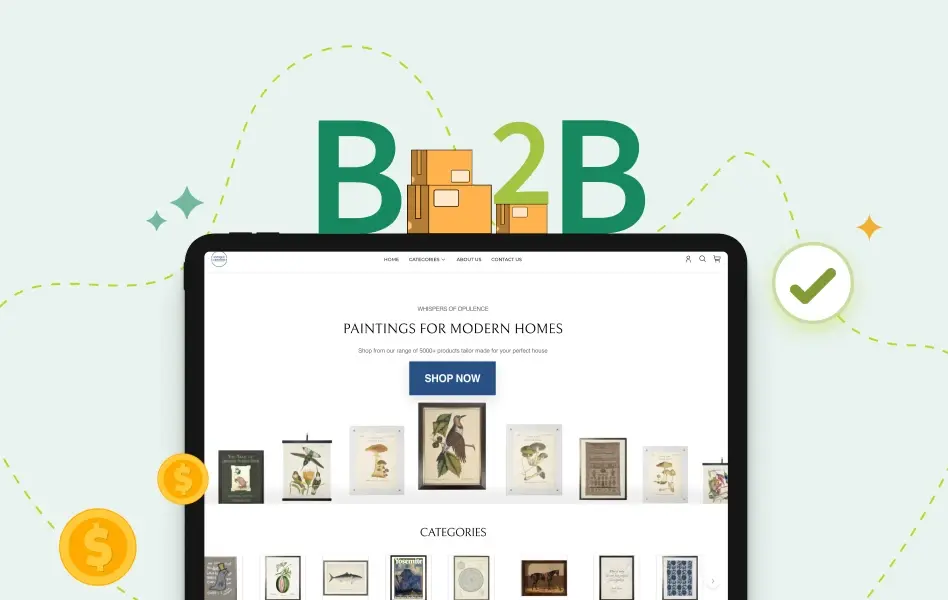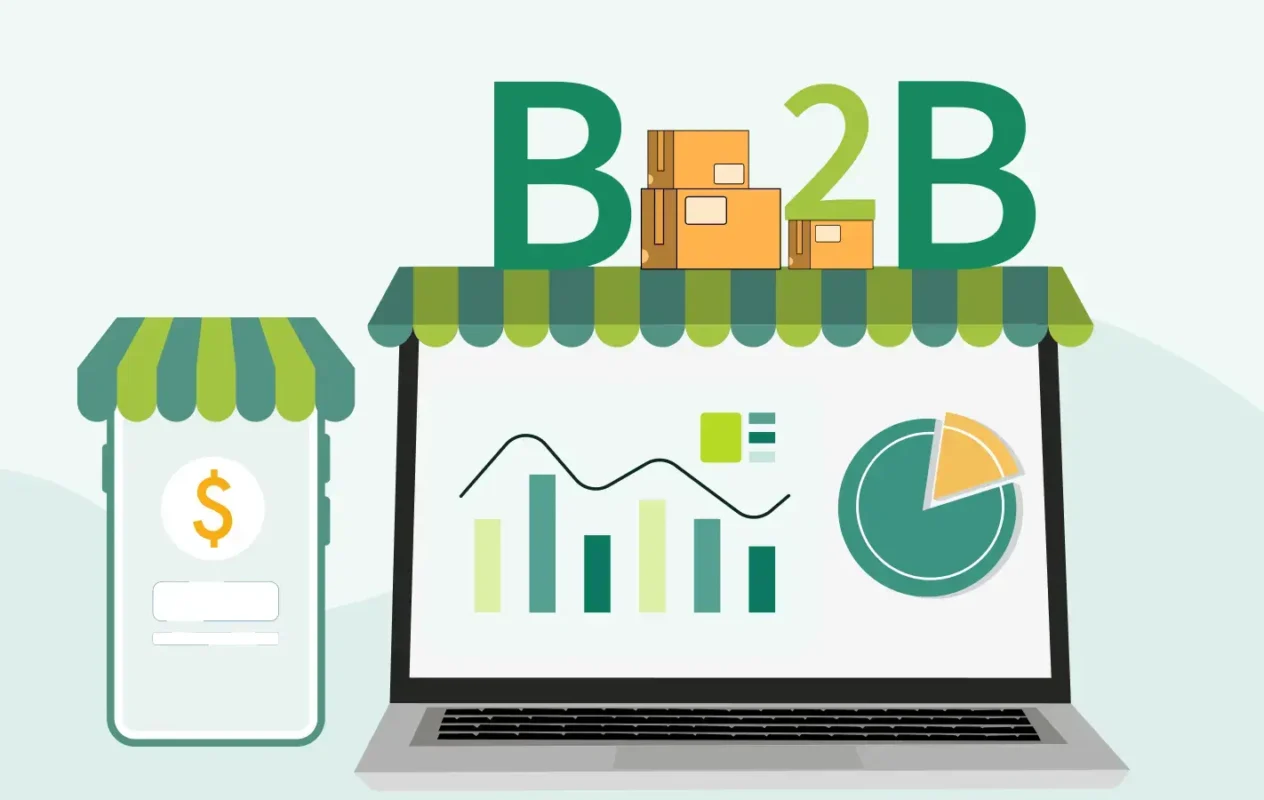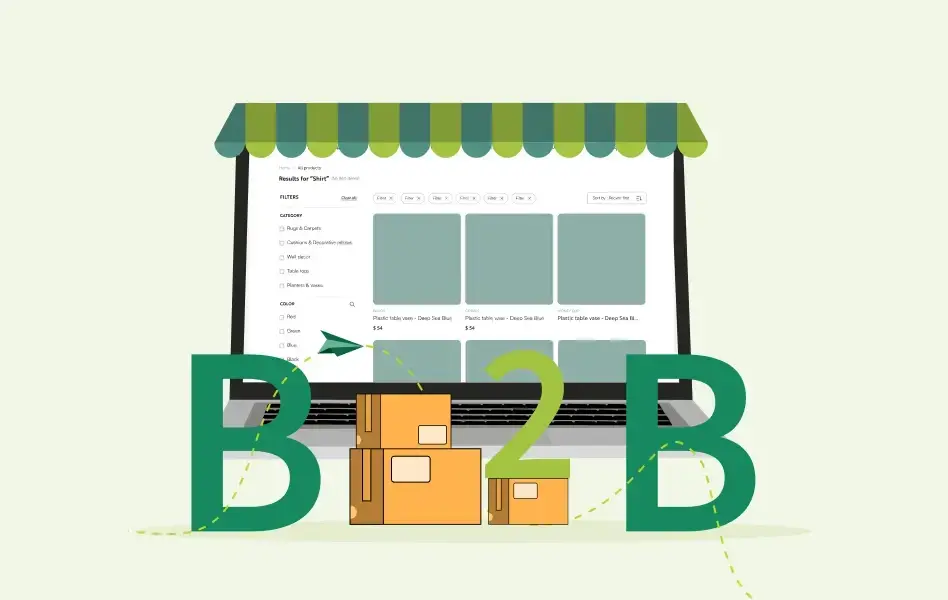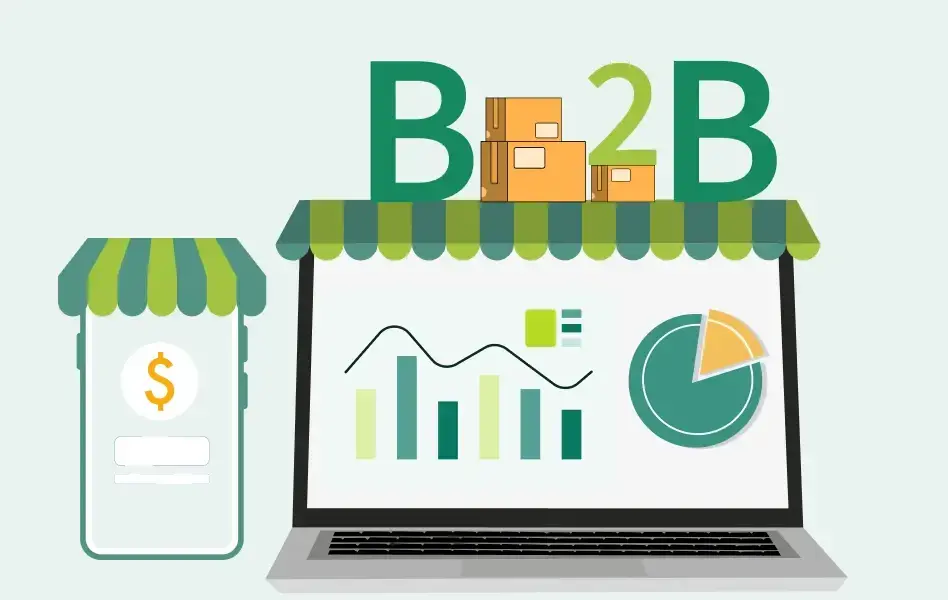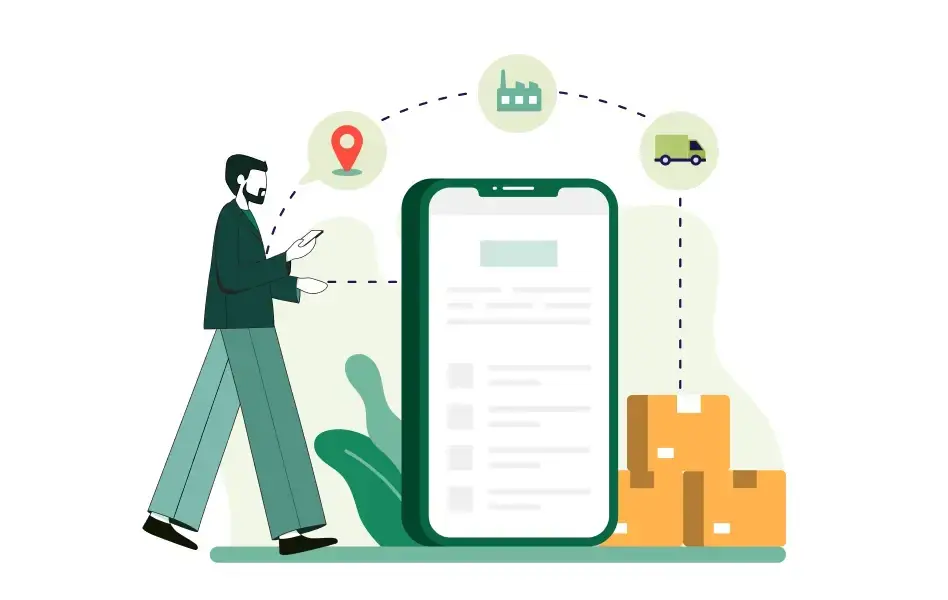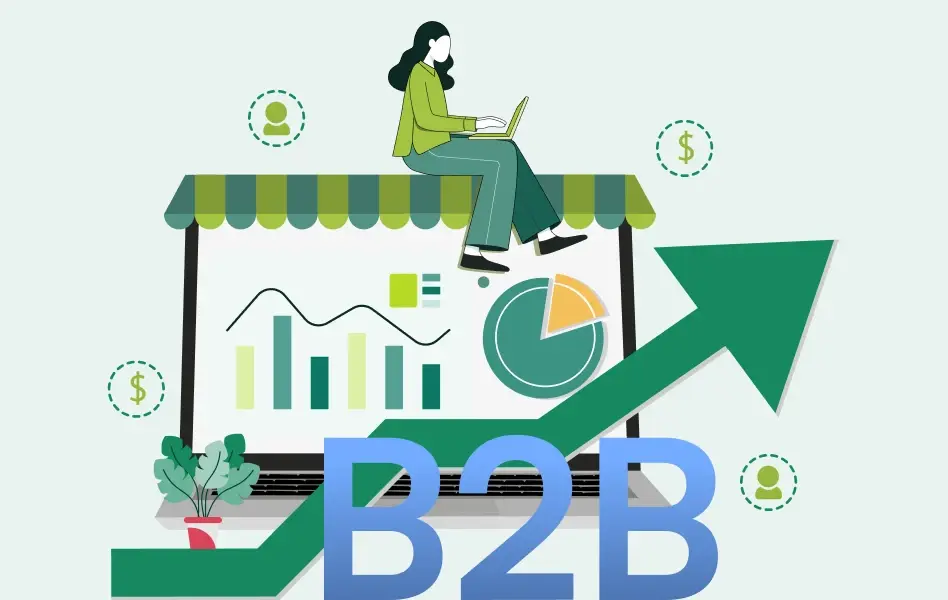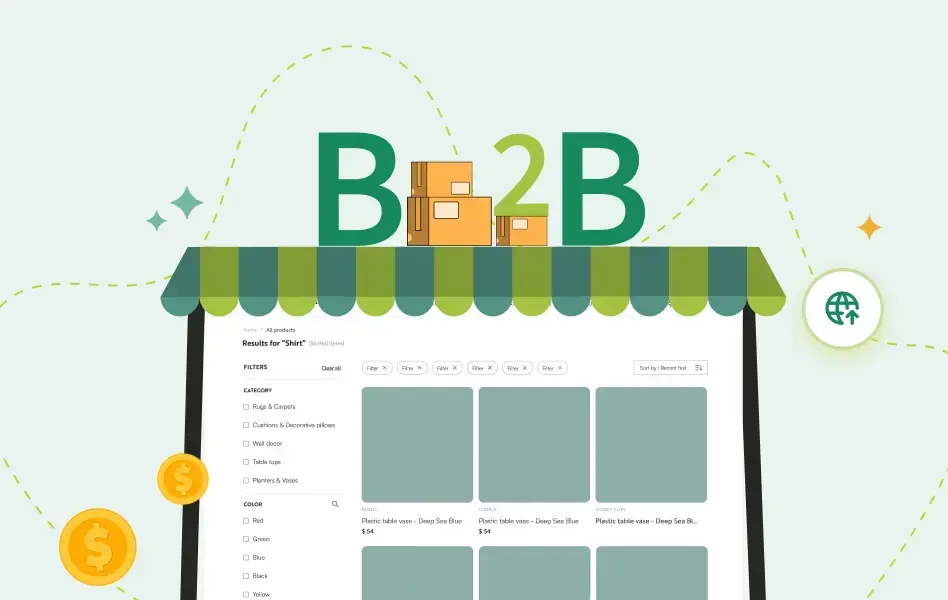Contents
In the ever-evolving world of fashion, where trends shift as quickly as the seasons, there is a massive need for robust systems. Businesses can u (CRM) software to keep up with customer demands, manage inventory, and stay ahead of the competition.
The apparel industry is unique in its demands and challenges. You’re not just selling clothes; you’re selling a lifestyle, an identity, and a promise to your customers. CRM software for the apparel industry allows you to organize, manage, and analyze customer interactions throughout their lifecycle.
The fashion, textile, and clothing industries have specific needs that go beyond the capabilities of generic CRM systems. Managing collections and line sheets is a critical part of the apparel business. CRM software designed for the apparel industry can make a significant difference.
Collections and Line Sheets Management
In the fast-paced world of apparel, staying organized and up-to-date is essential. A well-managed system for collections and line sheets can help you:
1. Record keeping of customers’ order histories
One of the most valuable features of CRM software is its ability to keep detailed records of your customers’ order histories. Every purchase, return, and interaction is documented, giving you a clear picture of what your customers like and when they make their purchases.
It allows you to tailor your offerings and promotions to match customer preferences, improving their shopping experience and increasing your chances of repeat business. CRM software for the apparel industry makes this possible by keeping all this information organized and easily accessible.
2. Easy import of product data with spreadsheets
The fashion industry moves quickly, with new collections and products being introduced frequently. CRM software simplifies the process of importing product data, allowing you to quickly update your system using spreadsheets.
You can spend less time on manual data entry and more time on the creative aspects of your business. With just a few clicks, you can import new product details, update pricing, and adjust inventory levels.
3. Automated generation of branded line sheets
Creating line sheets is a time-consuming task that requires attention to detail. These sheets are essential for showcasing your collections to buyers and retailers. CRM software for the apparel industry can automate this process.
You can generate branded line sheets with the latest product information automatically. You can even customize these line sheets to reflect your brand’s unique style and include all the necessary details, such as product descriptions, pricing, and availability.
Check out B2B Wholesale CRM Strategies To Improve Efficiency.
WizCommerce’s tools are built to help you save time, stay organized, and focus on what matters—building strong, lasting relationships with your customers.
As the industry evolves, so do customer expectations. Buyers are now looking for more flexibility and convenience in how they place their orders.
Streamlined Online Ordering System
In today’s digital age, customers expect a seamless and convenient shopping experience. An effective online ordering system can help you:
1. Beyond traditional buying experiences
Gone are the days when buyers were limited to placing orders only during tradeshows or scheduled appointments. While these methods still hold value, they are no longer sufficient on their own.
Today’s buyers expect a more seamless and flexible experience. They want the ability to browse and order products at their convenience without the constraints of time or location.
2. CRM connection to an ordering portal
This is where a CRM system connected to an online ordering portal becomes invaluable. A CRM system that integrates with your ordering portal allows you to offer your customers a digital buying experience that mirrors the ease of online shopping.
Customers can log in, view your latest collections, check product availability, and place orders—all from one platform. This connection ensures that your customers always have the most up-to-date information, and you can track their interactions and preferences in real-time.
3. 24/7 customer access to product lines
With an online ordering system, your product lines are available to your customers 24/7. This means that a buyer on the other side of the world can place an order at any time, without having to wait for your business hours.
4. Building a loyal customer base
Your CRM system can foster customer engagement by offering constant access to your products and a personalized shopping experience. They can explore your offerings at their own pace, make decisions based on accurate information, and feel confident in their purchases.
WizCommerce platform is designed to help you integrate CRM solutions seamlessly into your operations, making it easier to manage your customer data, streamline your sales, and improve your overall efficiency.
Check out how B2B Order Management streamlines your business operations.
A CRM system allows you to collect, store, and analyze customer data, enabling you to create targeted and personalized marketing campaigns.
Enhanced Customer Engagement and Marketing
In today’s digital age, connecting with your customers goes beyond traditional methods. Effective marketing requires personalization, timely communication, and a deep understanding of customer behavior.
1. Integrated email marketing with CRM data
One of the standout features of CRM software is its ability to integrate seamlessly with your email marketing tools. By connecting your email platform to your CRM, you can leverage customer data to create more effective campaigns.
For example, if a customer frequently purchases a particular style or brand, your CRM can help you craft an email highlighting new arrivals that match their taste.
2. Creation of targeted and personalized campaigns
With CRM software for the apparel industry, you can segment your customer base into specific groups based on various criteria such as purchase history, location, or engagement levels. This segmentation allows you to create targeted campaigns that speak directly to the needs and interests of each group.
For example, running a campaign that promotes winter collections to customers in colder regions while simultaneously offering discounts on summer wear to those in warmer climates. CRM software makes it easy to design and deploy these personalized campaigns
3. Easily track customer engagement metrics
Tracking the success of your marketing campaigns is essential to understanding what works and what doesn’t. CRM software provides you with detailed analytics on customer engagement, including open rates, click-through rates, and conversion rates.
You get valuable insights into how customers are interacting with your content. For example, if you notice that emails featuring product recommendations based on past purchases have higher engagement rates, you can prioritize this approach in your future campaigns.
4. Connecting email modules with collections for revenue growth
Another powerful feature of CRM software for the apparel industry is the ability to link email modules with your product collections. This connection allows you to showcase specific items directly within your emails, making it easier for customers to discover and purchase products.
For example, if you’re launching a new collection, you can create an email campaign that highlights key pieces from the collection, complete with images, descriptions, and direct links to purchase.
With CRM software, you can also gather, analyze, and use data to make smarter decisions that drive your business forward.
Importance of Data Collection and Analysis
Data is the lifeblood of any business, especially in the apparel industry, where trends change quickly and customer preferences are diverse.
1. Types of data collected
CRM software for the apparel industry collects various types of data that give you a clear picture of your customer’s behaviors and preferences. This includes spending habits, purchase history, and even the frequency of visits to your online store.
Understanding these patterns allows you to tailor your marketing efforts and product offerings to match their needs. You can also track customer interactions, such as emails opened, clicks on your website, and responses to promotions.
2. Data analysis
Once you have the data, the next step is analyzing it to understand your customers better. Data analysis helps you identify trends, predict future behaviors, and spot opportunities for growth.
For example, if you notice that a certain product category is consistently popular among a specific group of customers, you can focus your marketing efforts on promoting similar items to that group.
3. Synthesizing data
Collecting and analyzing data is only valuable if you can turn it into actionable insights. CRM software helps you do this by generating reports that are easy to understand and use. These reports can show you everything from sales trends to customer satisfaction levels.
For example, a sales report might reveal that your online store sees a spike in traffic every Friday evening. With this information, you could schedule your promotional emails to go out at that time, maximizing the chances of engagement.
By integrating e-commerce with CRM solutions, fashion businesses can gain a comprehensive view of their operations. This means all your customer interactions, sales, inventory, and order management data are centralized in one place. With this 360-degree view, you can easily track customer preferences, tailor marketing campaigns, streamline inventory management, and optimize sales processes.
With WizCommerce, you get a powerful tool specifically designed for the fashion industry. It’s not only easy to use and customizable but also affordable, making it ideal for fashion businesses of all sizes.
E-Commerce Integration and Benefits
In today’s digital age, customers expect a seamless shopping experience that spans both online and offline channels. E-commerce integration with CRM allows you to:
● Role of e-commerce
In today’s digital age, e-commerce is a critical component of any successful business strategy. For the apparel industry, it’s important to integrate e-commerce with your CRM system. This integration allows you to manage your online sales channels directly from your CRM platform.
Whether you’re running an online store or selling through multiple e-commerce platforms, a CRM solution with e-commerce capabilities ensures that all customer data, transactions, and interactions are stored in one central place.
● Online and offline retail data
One of the most significant advantages of integrating e-commerce with CRM is the ability to consolidate data from both online and offline channels. In the apparel industry, customers might interact with your brand in a variety of ways, from shopping online, and visiting a physical store to engaging with your brand on social media.
A CRM system that integrates e-commerce brings all this data together, providing you with a single, unified view of each customer. This means you can track a customer’s journey from browsing your website to making a purchase in-store, all within the same platform.
● Insights into customers
With all your customer data in one place, you can start to see patterns and trends that might have been missed otherwise. CRM software for the apparel industry integrated with e-commerce gives you detailed insights into customer preferences and buying behaviors.
For example, you can identify which products are most popular, which marketing campaigns are driving the most sales, and even at which times of year certain products are in higher demand.
● Using integrated data
The power of CRM software lies in its ability to turn raw data into actionable insights. When your CRM is integrated with e-commerce, the data you collect can be used to make better business decisions across the board.
For example, if you notice that a particular product is selling well in a specific region, you can focus your marketing efforts on that area or stock more of that product in nearby stores.
Conclusion
CRM software for the apparel industry offers a range of benefits tailored to the specific needs of the fashion, textile, and clothing industries. Plus, CRM systems streamline your sales processes by automating tasks like follow-ups, order management, and customer service. Several CRM solutions have proven effective in the apparel industry.
If you haven’t yet explored CRM software for your apparel business, now is the time to do so. The right CRM system can transform how you manage your customer relationships, streamline your operations, and ultimately grow your business.
At WizCommerce, we understand the unique challenges that B2B businesses in the apparel industry face. If you’re ready to take your apparel business to the next level, explore what WizCommerce can do for you.
Take the first step today by visiting our website and discovering how WizCommerce can help you unlock the full potential of your CRM strategy.








